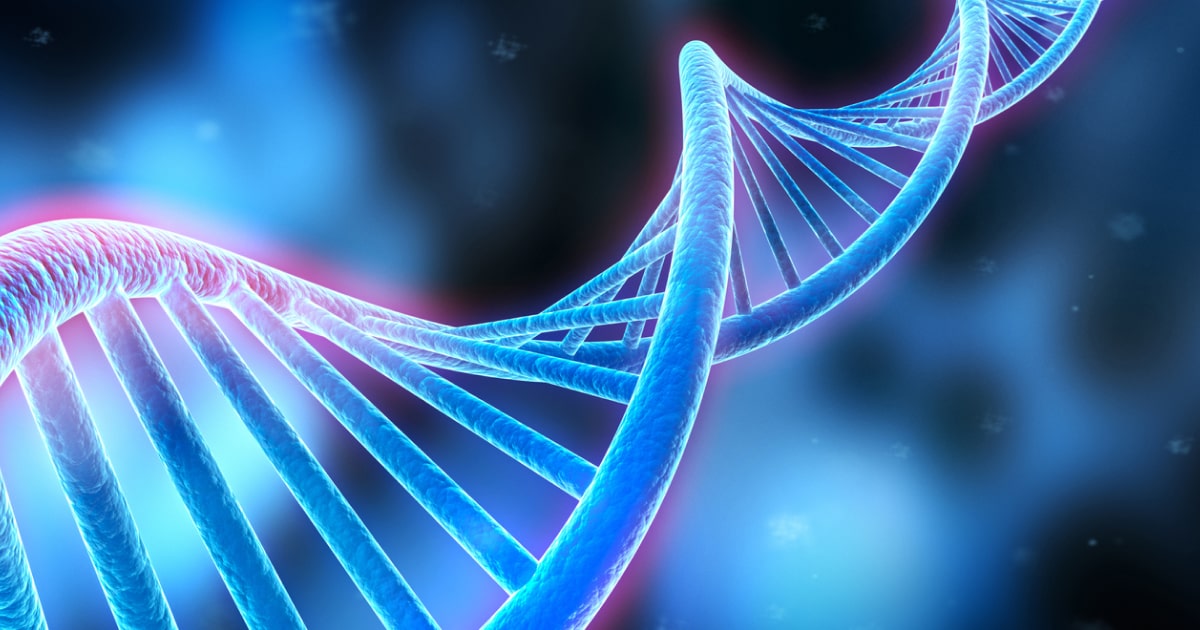
Expert Reviewed By: Dr. Brandon Colby MD
Esophageal squamous cell carcinoma (ESCC) is a malignant tumor that arises from the squamous cells lining the esophagus. It is the most common type of esophageal cancer worldwide, with increasing incidence and mortality rates. Early detection and understanding of the underlying genetic factors are crucial for better diagnosis and treatment of ESCC. This article aims to provide an overview of the genetic aspects of ESCC, the role of genetic testing, and its potential applications in diagnosis and treatment.
Understanding the Genetics of Esophageal Squamous Cell Carcinoma
Recent advancements in genomic research have allowed for a deeper understanding of the molecular mechanisms driving ESCC. Various studies have identified key genes and signaling pathways involved in the initiation, progression, and immune evasion of ESCC, such as the PI3K/Akt/mTOR signaling pathway1, miR-875-5p2, and genetic determinants like TP53, CDKN2A, and NOTCH13.
PI3K/Akt/mTOR Signaling Pathway
The PI3K/Akt/mTOR signaling pathway plays a critical role in various cellular processes, including cell growth, proliferation, and survival. Abnormal activation of this pathway has been implicated in the development and progression of ESCC1. Understanding the regulatory mechanisms of this pathway may pave the way for potential targeted therapies for ESCC.
miR-875-5p and CAPZA1
MicroRNAs (miRNAs) are small non-coding RNA molecules that regulate gene expression. The study by Zhang et al. revealed that miR-875-5p functions as an oncogene in ESCC by down-regulating CAPZA1 expression, promoting cell proliferation, invasion, and migration2. This finding underscores the importance of miRNAs in ESCC development and highlights their potential as therapeutic targets.
Key Genetic Determinants
Research by Chen et al. identified key genetic determinants driving ESCC initiation and immune evasion, including TP53, CDKN2A, and NOTCH13. These findings provide valuable insights into the genetic landscape of ESCC and may inform the development of novel therapeutic strategies, such as CCL2 blockade for PCN-type ESCC.
Diagnosing ESCC with Genetic Testing
Genetic testing can help identify genetic alterations associated with ESCC, providing valuable information for diagnosis, prognosis, and treatment planning. Circulating tumor DNA (ctDNA) is a type of genetic material released by tumor cells into the bloodstream. A study by Wang et al. suggested that post-radiation ctDNA levels could serve as a predictive and prognostic marker in ESCC patients receiving definitive radiation therapy4.
Monitoring Treatment Response
By measuring ctDNA levels before and after radiation therapy, clinicians can assess treatment response and tumor burden, potentially guiding subsequent treatment decisions4. This non-invasive approach offers a promising alternative to traditional invasive biopsy methods for monitoring ESCC patients.
Personalized Therapies
Genetic testing can also help identify specific genetic alterations in ESCC patients, enabling the development of personalized therapies targeting these abnormalities. For example, targeting the PI3K/Akt/mTOR signaling pathway or miR-875-5p may provide therapeutic benefits for ESCC patients with specific genetic alterations12.
Conclusion
Understanding the genetic factors contributing to esophageal squamous cell carcinoma is essential for improving diagnosis, prognosis, and treatment outcomes. Genetic testing plays a crucial role in identifying genetic alterations, monitoring treatment response, and guiding personalized therapies. As our knowledge of ESCC genetics continues to expand, so too will our ability to develop more effective and targeted treatment strategies for this devastating disease.
About The Expert Reviewer
Dr. Brandon Colby MD is a US physician specializing in the personalized prevention of disease through the use of genomic technologies. He’s an expert in genetic testing, genetic analysis, and precision medicine. Dr. Colby is also the Founder of and the author of Outsmart Your Genes.
Dr. Colby holds an MD from the Mount Sinai School of Medicine, an MBA from Stanford University’s Graduate School of Business, and a degree in Genetics with Honors from the University of Michigan. He is an Affiliate Specialist of the American College of Medical Genetics and Genomics (ACMG), an Associate of the American College of Preventive Medicine (ACPM), and a member of the National Society of Genetic Counselors (NSGC)